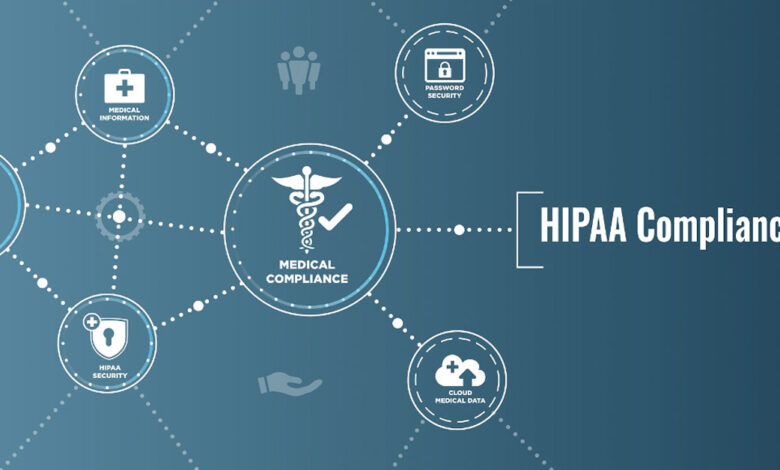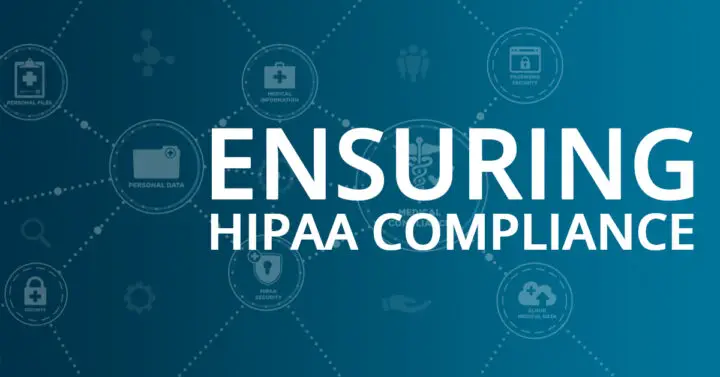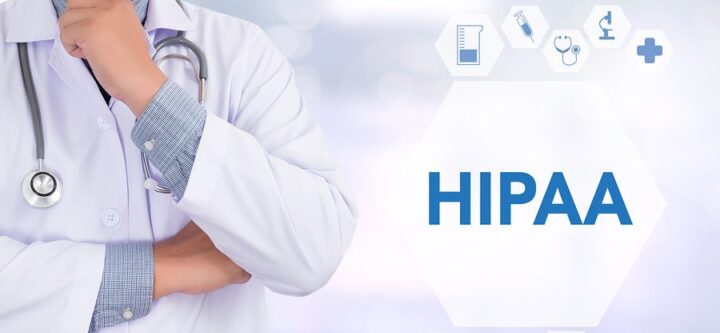5 Key Benefits of HIPAA Compliance

Healthcare providers are constantly reminded and informed about the Health Insurance Portability and Accountability Act (HIPAA), as compliance is the best way to handle and protect sensitive health information.
A healthcare organization, private or public, is considered HIPAA compliant if it adheres to the standards, policies, procedures, and practices on collecting, storing, and transferring healthcare data containing personal health information (PHI). With our reliance on technology for nearly all aspects of business administration and healthcare, it’s more important than every to protect private patient data
Compliance also signifies that your organization won’t be subject to corrective action over noncompliance, dodging hefty fines and lawsuits. The consequences vary depending on whether noncompliance occurs accidentally or intentionally, the scope of the violation, and the number of involved PHI.
If you are still wondering — “Do I really need to take extra steps to protect patient data? How does my practice benefit from it aside from avoiding violations?” — you will find your answers below as we discuss the five key benefits of being HIPAA compliant.
Compliance attracts and maintains loyal patients

One of the major benefits of compliance is reducing the risk of data breaches. When your patients know that your organization adheres to its regulations, they trust you more and are loyal to your practice. First, however, you need to let them know about the measures you are taking to protect their health information.
Patients appreciate a healthcare provider that makes their safety and privacy a top priority. By being HIPAA compliant, regular patients know that you value their privacy. In addition, they are more likely to stay with your organization in the long run and refer new patients with positive recommendations and reviews.
Patient retention and acquisition drive profitability

Two crucial factors that help healthcare organizations stay afloat are patient retention and patient acquisition.
Positive patient reviews, easier appointment booking, follow-ups, personalized service, and the use of technology are just a few things that patients cite as reasons for staying with a healthcare provider. Providing quality care is key to retaining and attracting patients, as well as showing them other patient-focused practices.
Achieving high patient retention and acquisition offers a great return on investment, significantly increasing your overall profit. In addition, patients are more likely to choose and remain in a practice where their privacy is protected and valued.
However, acquiring patient loyalty is becoming harder with more healthcare options and providers available to patients. Many patients change their healthcare provider if they become unhappy with the quality of services they receive.
Compliance molds your organization into providing secured, top-quality services that patients look for and other healthcare organizations may not take as seriously and create security risks.
Being HIPAA compliant makes you stand out from competitors

The healthcare industry is fast-paced and ever-changing. Your competitors today may not be your competitors next year. Emerging competition may even include businesses with less experience or that offer much more advanced services than yours. You must stand out from them, and investing in HIPAA-compliant practices can make it happen.
Additionally, after completing the federal PHI protection requirements, you can work with the Compliancy Group to earn the coveted HIPAA Seal of Compliance.
Not all healthcare organizations and providers can achieve the Seal of Compliance. They have to undergo a proprietary process to confirm their compliance with federal regulations. Earning the seal is a significant achievement; it represents effort and commitment to protecting patients’ personal and health information. You can display the seal on your office, website, and email signature, showing your patients, visitors, and competitors your dedication to protecting their privacy.
In the end, achieving and maintaining compliance is essential for your healthcare practice’s long-term success and stability.
Compliance allows your organization to protect sensitive health information proactively
When healthcare organizations adhere to HIPAA regulations, they become proactive in protecting sensitive health information instead of relying on common sense or out-of-date procedures. Implementing and maintaining compliance protocols ensures prolonged security and protection of your stored medical records and at the same time improves the patient engagement experience. If you’re just getting started in the healthcare industry and are looking to get better at this procedures, make sure to learn more about ways to improve patient activation.
HIPAA compliance is a team effort. Everyone in your organization must be well-informed and trained on the proper use of PHI and privacy procedures. Knowledge allows your team to quickly adapt and incorporate changes in protecting health information if HIPAA updates its rules and regulations. Training your staff is a critical step in achieving regulatory compliance and providing outstanding patient service.
Moreover, maintaining compliance guarantees that your organization holds the right tools and necessary knowledge to dodge data breaches and cybersecurity issues involving PHI.
HIPAA Compliance reduces liability for your healthcare practice

HIPAA regulations do not only protect sensitive health data, but your overall healthcare practice also receives a higher level of protection by complying with federal regulations.
HIPAA compliance helps you and your team learn how to properly protect health data and ensure the security of sensitive patient information. The better your team understands HIPAA rules, the better your healthcare practice will be.
Moreover, being HIPAA compliant, your practice will have less margin for error in disclosing PHI and even smaller opportunities for data breaches.
When your healthcare practice offers HIPAA-compliant services, it’s easier for you to get more patients and build a virtual reputation and network. This is why the role of HIPAA has become more vital for protecting healthcare providers and ensuring their ongoing career progress and profitability.
Adhering to HIPAA laws is crucial because the consequences of non-compliance can profoundly affect the future success of your practice. The fines associated with data breaches and non-compliance are significant.
Accomplishing compliance can be challenging. Fortunately, there are several HIPAA-compliant software options available today to help streamline the ways you can protect PHI from patient communications to EHR/EMR programs.
Being able to tell your patients that you’re a fully HIPAA compliant organization can help retain and gain more patients, build loyalty, achieve higher profit, and give you an edge over those who aren’t compliant. If you’d like to learn more about secure and compliant patient communications and engagement, visit www.curogram.com today.
